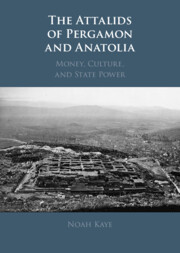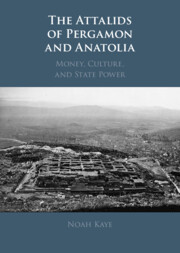In this paper, I explore the literary aesthetics of Attalid Pergamon, one of the Ptolemies’ fiercest cultural rivals in the Hellenistic period. Traditionally, scholars have reconstructed Pergamene poetry from the city’s grand and monumental sculptural programme, hypothesizing an underlying aesthetic dichotomy between the two kingdoms: Alexandrian ‘refinement’ versus the Pergamene ‘baroque’. In this paper, I critically reassess this view by exploring surviving scraps of Pergamene poetry: an inscribed encomiastic epigram celebrating the Olympic victory of a certain Attalus (IvP I.10) and an inscribed dedicatory epigram featuring a speaking Satyr (SGO I.06/02/05). By examining these poems’ sophisticated engagements with the literary past and contemporary scholarship, I challenge the idea of a simple opposition between the two kingdoms. In reality, the art and literature of both political centres display a similar capacity to embrace both the refined and the baroque. In conclusion, I ask how this analysis affects our interpretation of the broader aesthetic landscape of the Hellenistic era and suggest that the literature of both capitals belongs to a larger system of elite poetry which stretched far and wide across the Hellenistic world.



